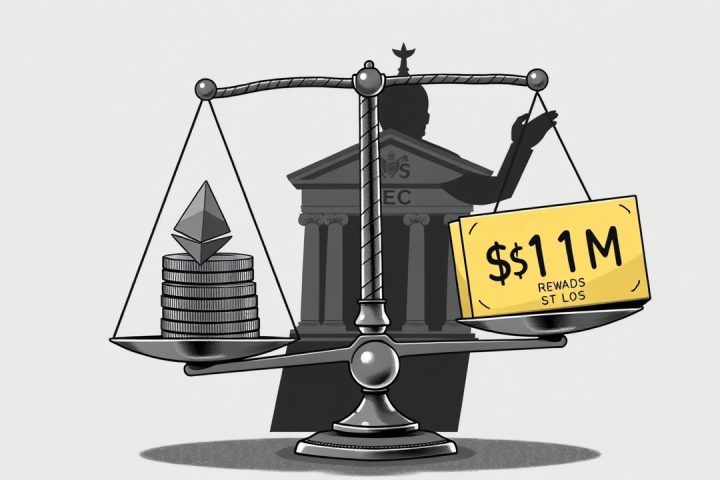Concerns Over Cryptocurrency Fraud in Canada
The Ontario Securities Commission (OSC) has raised urgent concerns regarding the surge of cryptocurrency-related fraud within Canada, particularly highlighting the increasing use of artificial intelligence by scammers to lure in unsuspecting investors. According to the OSC, these fraudsters are employing sophisticated deepfake technology alongside counterfeit trading platforms to deceive individuals and embezzle their funds.
OSC’s Insights into Fraudulent Activities
During a recent annual event, Grant Vingoe, the OSC’s CEO, articulated that Canada finds itself amidst an upsurge in fraudulent activities, which encompass not only scams but also insider trading and corruption. He remarked on a troubling climate where traditional regulatory practices are increasingly overlooked, fostering an environment where misconduct can thrive.
Vingoe attributes this rise in scams to broader global instability, pointing out that the unpredictable geopolitical landscape creates opportunities for malicious actors. Statistics from the Canadian Anti-Fraud Centre indicate that victims of these schemes reported staggering losses nearing $640 million in 2024 alone.
OSC’s Response to Escalating Fraud
In response to the escalating fraud landscape, Bonnie Lysyk, the OSC’s executive vice-president overseeing enforcement, stated that the focus would shift towards tackling high-impact cases against those who exploit investors. The Commission is determined to proactively implement measures that disrupt such harmful activities before they escalate, especially considering the crypto industry’s vulnerability to fraudulent practices.
Government Regulations on Cryptocurrencies
The Canadian government has been tightening regulations surrounding cryptocurrencies since February 2023. This effort saw the Canadian Securities Administrators mandate that all crypto trading platforms operating in the country enter into legally enforceable pre-registration agreements, which added to previously imposed restrictions. These regulations include:
- A ban on margin trading for Canadian users.
- Classification of some stablecoins as securities or derivatives, prohibiting exchanges from trading such assets without requisite approval.
This regulatory environment complicates compliance for many platforms operating within this rapidly evolving sector.

















